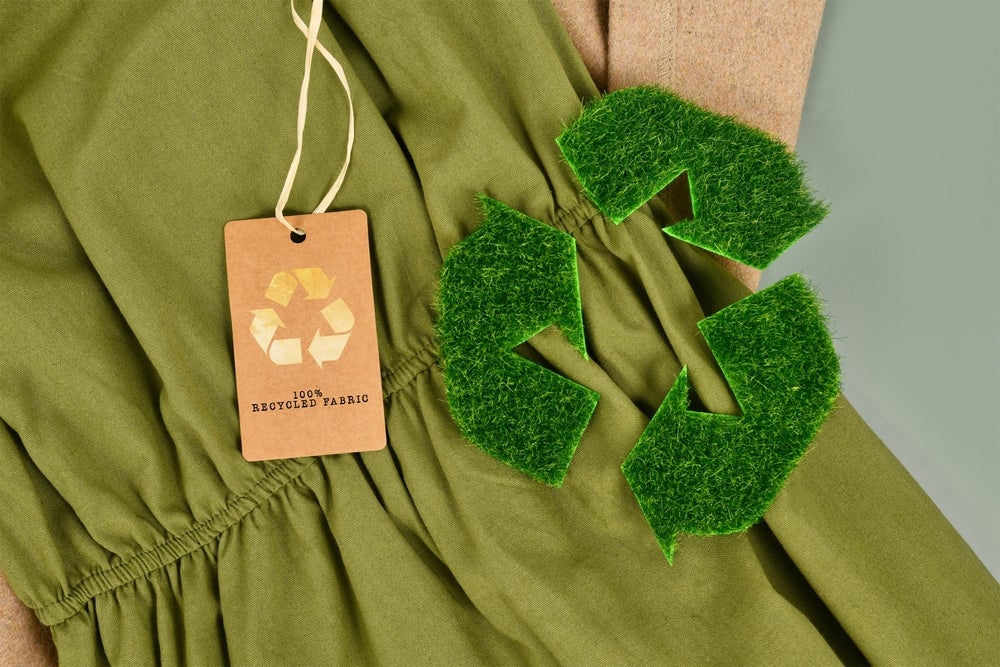The Green Claims Directive sets minimum requirements for how companies can substantiate, communicate, and verify any explicit environmental claims or eco-labels about their products or services. It comes after a 2020 study found over half of green claims currently provide vague, misleading or unfounded information.
The new proposal targets explicit environmental claims and labels used by companies to promote their greenness, applicable to both public and private labelling schemes. It distinguishes between these claims and labels to clarify obligations.
Key elements of the Green Claims Directive:
- Companies must use clear criteria and the latest scientific evidence to back up green claims,
- Environmental labels and claims must specifically reference what eco-benefits they cover like durability or biodiversity,
- Most explicit green claims must undergo third-party verification before being published,
- Some simplified procedures allow claims meeting criteria to skip third-party verification through the completion of a technical document,
- Additional support measures aimed at reducing the burden for Small and midsize enterprises (SMEs) and farmers,
- Existing recognised eco-labelling schemes meeting standards can be exempted from verification,
- Stricter substantiation required for claims involving carbon offsets and climate impacts, with companies having to prove a net-zero target with any offset claims made.
According to Eurobarometer data, 90% of Europeans believe there should be stricter rules around calculating environmental impacts and regulating sustainability marketing claims.
"Today, we reached an important agreement to fight greenwashing by setting rules on clear, sufficient and evidence-based information on the environmental characteristics of products and services," said Alain Maron, the Brussels capital region minister responsible for climate change and the environment.” Our aim is to help European citizens to make well-founded green choices.”
The Council's position will now form the basis for negotiations with the European Parliament to finalise the directive, which is expected to accelerate the EU's transition to a circular, climate-neutral economy under the Green Deal’s commitment to tackle false environmental claims at the EU level.














